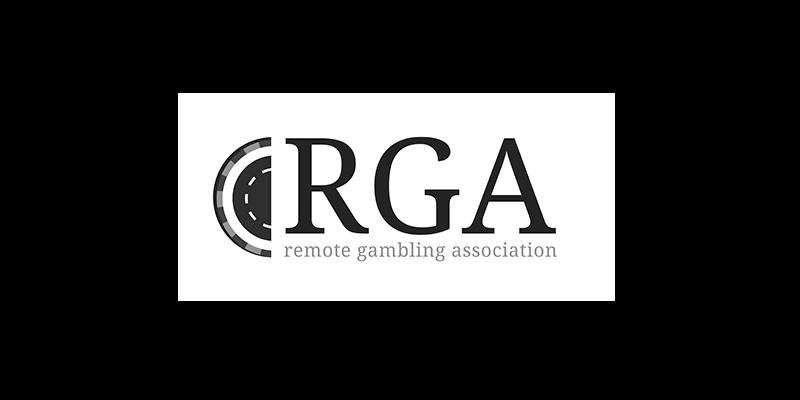A new Budget meeting on October 29 may see British Chancellor of the Exchequer Phillip Hammond plug the fiscal hole open by the UK government’s decision to reduce the maximum bets of the Fixed-Odds Betting Terminals (FOBTs) to $2. By levying more tax from overseas bookmakers, the government is hoping to keep the level of proceedings it collects from the gambling industry.
Doubling of the Gambling Tax in the United Kingdom
The United Kingdom has been caught by a fever for taxing gambling. This is quite understandable given the industry’s eye-popping profits and its history of not always complying with the law. Just in the past few months, we covered stories on 32Red, Rank Group, Paddy Power Betfair, and others, who had been slapped with fines for violating different regulations.
However, taxation may soon prove an issue for the gambling industry. The UK Government is aware that changing the maximum bet on the FOBTs from $100 down to $2 (or the currency equivalent in British pounds) would leave a substantial financial hole in the proceedings that the government claims from the industry.
Just yesterday, the Financial Times reported that Hammond would not seek to cut proceedings from important public institutions, such as the National Healthcare System, which makes it more likely to focus on raking up the Remote Gaming Duty rates, to offset the lack of money.
The Rumors Swirl the Tax Grows
According to sources, the Remote Gaming Duty is about to change from its present 15{44b09f69e02b4a9880bf6e3f987d2afd285263f93639dabf176d3ae6ad2c79c6} levels to nearly 25{44b09f69e02b4a9880bf6e3f987d2afd285263f93639dabf176d3ae6ad2c79c6}, although this figure is not set in stone. Again, based on sources reported by iGaming leading outlets, the rate may stay at 20{44b09f69e02b4a9880bf6e3f987d2afd285263f93639dabf176d3ae6ad2c79c6}, which will be a more acceptable sum for the majority of businesses.
Based on what the Remote Gambling Association (RGA) holds to be true, a sub-20{44b09f69e02b4a9880bf6e3f987d2afd285263f93639dabf176d3ae6ad2c79c6} increase in the overall tax would not put anyone out of business, though it might come with some shrinking of the operations and potentially closing of betting shops.
However, it would be something business can handle, despite the austerity. Pushing the numbers all the way up to 25{44b09f69e02b4a9880bf6e3f987d2afd285263f93639dabf176d3ae6ad2c79c6}, however, may quickly hit the industry and rock it entirely.
Skillful restructuring is one thing, being left with no options but to start selling and shutting down properties is another. Back in September, the Guardian reported that the Treasury may now consider postponing the restrictions on FOBTs until 2020 although this move now seems unlikely with the looming Budget meeting on October 29.
Going back on the planned law, though, may seem unlikely. A lot has happened between September and now, and Mr. Hammond is pressured by circumstances involving Brexit and a no-deal exit from the European Union.
The bills will be piling on and the Treasury has the unpalatable task to plug all the holes that have been gaping open in recent weeks. One way to do this is to make sure that the tax the government collects from gambling doesn’t hit specific lows.
However, imposing unfavorable conditions on the entire business means that the industry will throttle until it has potentially come to a ghostly halt.
